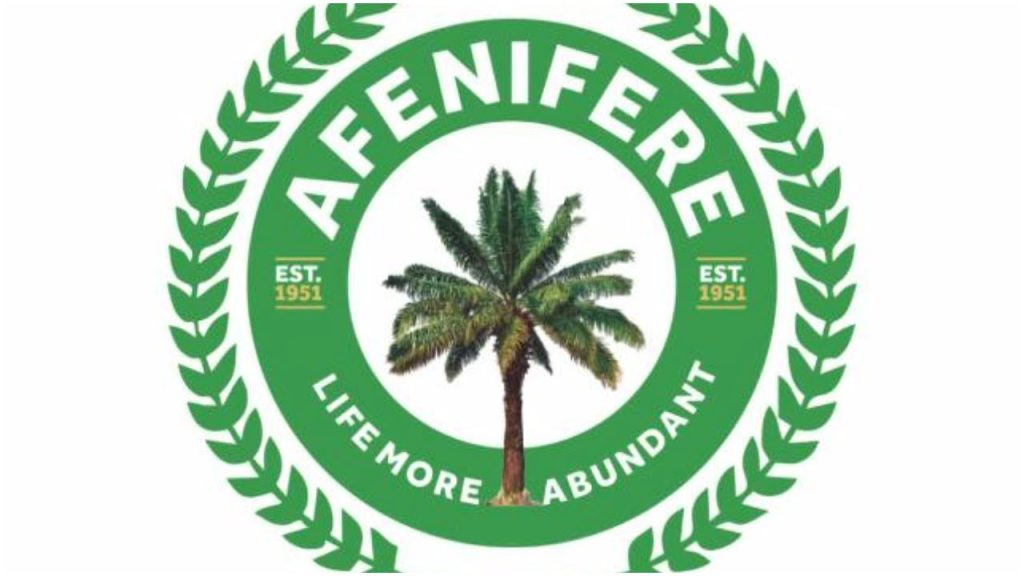A faction of the prominent Yoruba socio-political group, Afenifere, has voiced strong concerns regarding the recently announced $60 billion railway project by the Federal Government of Nigeria. The group, led by Oba Oladipo Olaitan and Justice Faloye, has questioned the viability and transparency of the project, particularly in light of the country’s escalating national debt, which has reportedly surged by over N100 trillion in just two years. The proposed project, unveiled by the Secretary to the Government of the Federation, Senator George Akume, involves the construction of a 4,000km high-speed rail line and accompanying gas infrastructure by De-Sadel Nigeria Limited and China Liancai Petroleum Investment Holdings Limited. The companies purportedly presented a $60 billion proof of funds, with financing supposedly originating from the “Asian Development Investment Bank.” Afenifere, however, has cast significant doubt on these claims, emphasizing the lack of credibility surrounding the project’s financial and technical aspects.
Central to Afenifere’s skepticism is the ambiguity surrounding the funding source. The group points out the non-existence of an “Asian Development Investment Bank,” contrasting it with the established Asian Development Bank, which has no record of such a project. Furthermore, Afenifere questions the capacity of China Liancai Petroleum Investment Holdings Limited, a privately-owned Hong Kong-based company with no demonstrable experience in railway construction, to undertake such a massive project. The group highlights the stark contrast between this project and the previously abandoned $12 billion Lagos-Calabar rail line, which represented China’s largest foreign investment at the time. Afenifere’s skepticism is further fueled by the fact that portions of the Lagos-Kano and Lagos-Calabar rail projects had already been awarded to reputable Chinese firms for considerably lower sums, raising questions about the rationale behind the significantly higher $60 billion estimate and the proposed 4,000km stretch for this new project.
Afenifere expresses deep-seated concerns about what it perceives as a pattern of trivializing railway development in Nigeria since 2015. The group cites instances of canceled projects, contracts awarded to firms lacking the requisite financial and technical capabilities, and an overall process marred by suspected foul play. They view this latest proposal as potentially another diversionary tactic, diverting resources and attention from genuine development needs. Afenifere emphasizes the crucial role of railway expansion in national economic growth and advocates for a different approach, proposing massive direct labour programs to expedite railway construction, drawing parallels with historical initiatives like Roosevelt’s New Deal in the United States.
The group’s proposed approach centers around a robust direct labour program aimed at constructing 10km of rail lines daily. This strategy, they argue, would not only accelerate railway development but also generate substantial employment opportunities, directly addressing unemployment challenges. They contend that such a focused and domestically driven effort would be more effective and transparent than relying on potentially inflated contracts awarded to foreign firms with questionable credentials. This approach, they believe, would ensure that resources are utilized efficiently and that the benefits of the project directly impact the Nigerian people. By emphasizing local labor and expertise, Afenifere aims to safeguard against potential exploitation and ensure that the project truly serves the nation’s best interests.
Afenifere’s critique extends beyond the financial and technical aspects of the project. They express concern about the potential for cronyism and patronage in the awarding of such contracts, urging the Tinubu administration to prioritize national development over political expediency. They argue that railway development is too critical to be compromised by questionable dealings or favoritism. Afenifere calls for a transparent and accountable process that prioritizes national interests and ensures that the project contributes meaningfully to economic growth and improved infrastructure. Their concerns reflect a broader apprehension about the potential for corruption and mismanagement within large-scale infrastructure projects, highlighting the need for stringent oversight and accountability mechanisms.
In its concluding remarks, Afenifere implores the Tinubu administration to treat railway development with the seriousness it deserves, urging a departure from what they perceive as a history of false promises and contracts awarded to cronies. The group stresses the vital role of railways in national development and cautions against reducing these critical infrastructure projects into avenues for patronage. They call for a renewed commitment to transparency, accountability, and a focus on maximizing the benefits of such projects for the Nigerian people. Afenifere’s stance underscores the importance of citizen engagement and oversight in ensuring that government projects serve the public good and contribute to sustainable national development.


